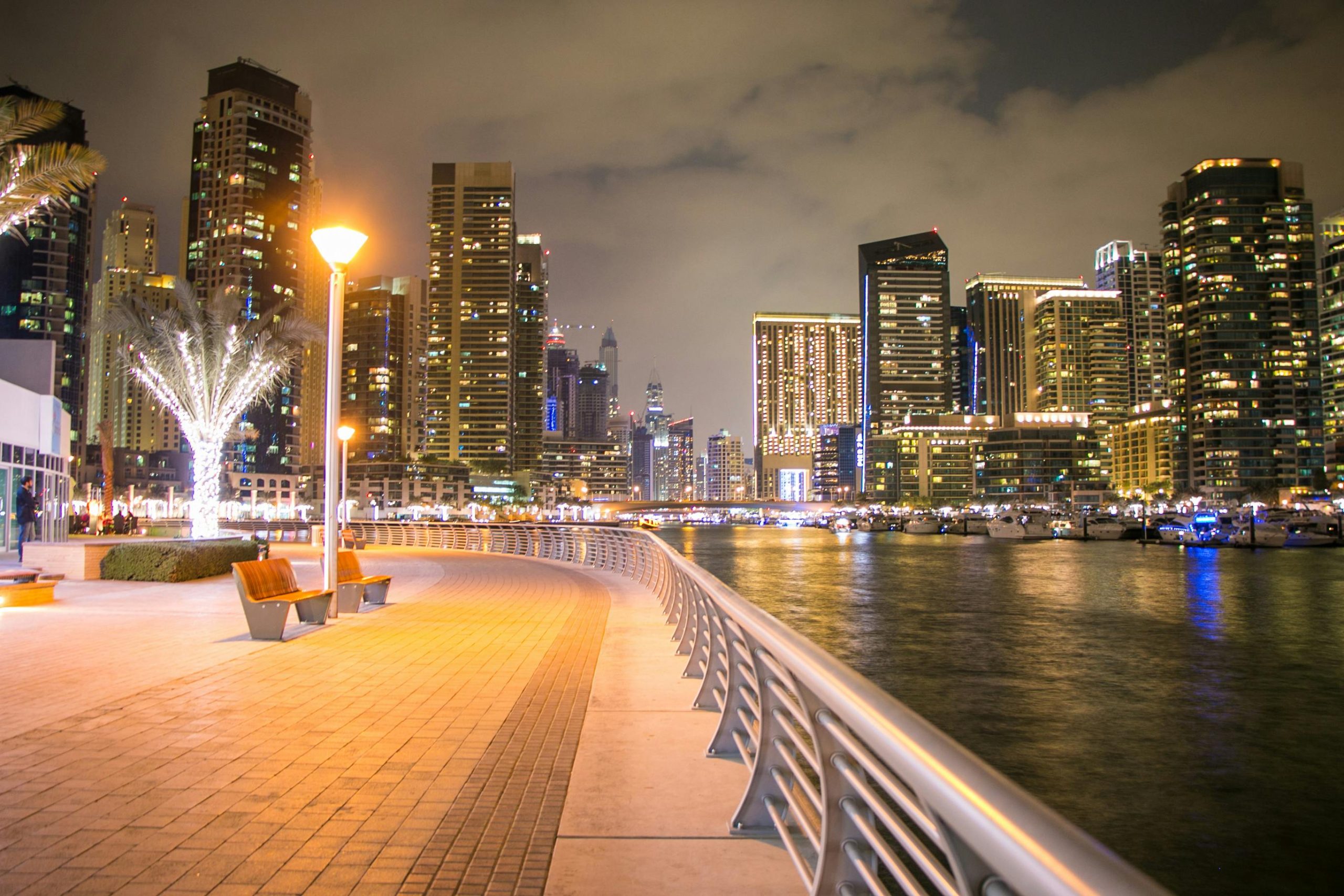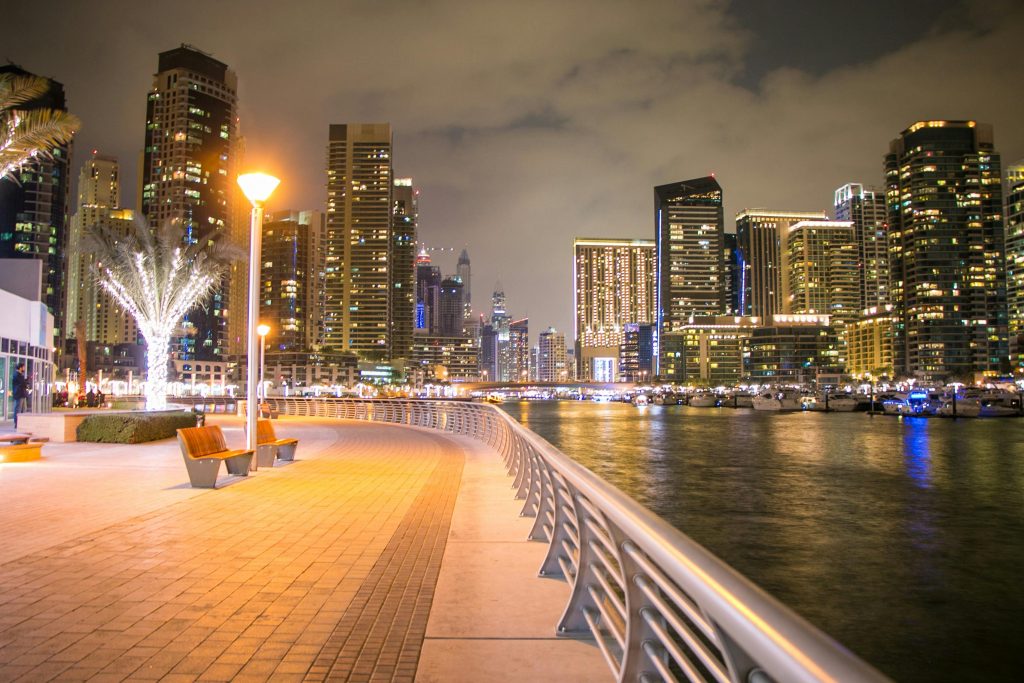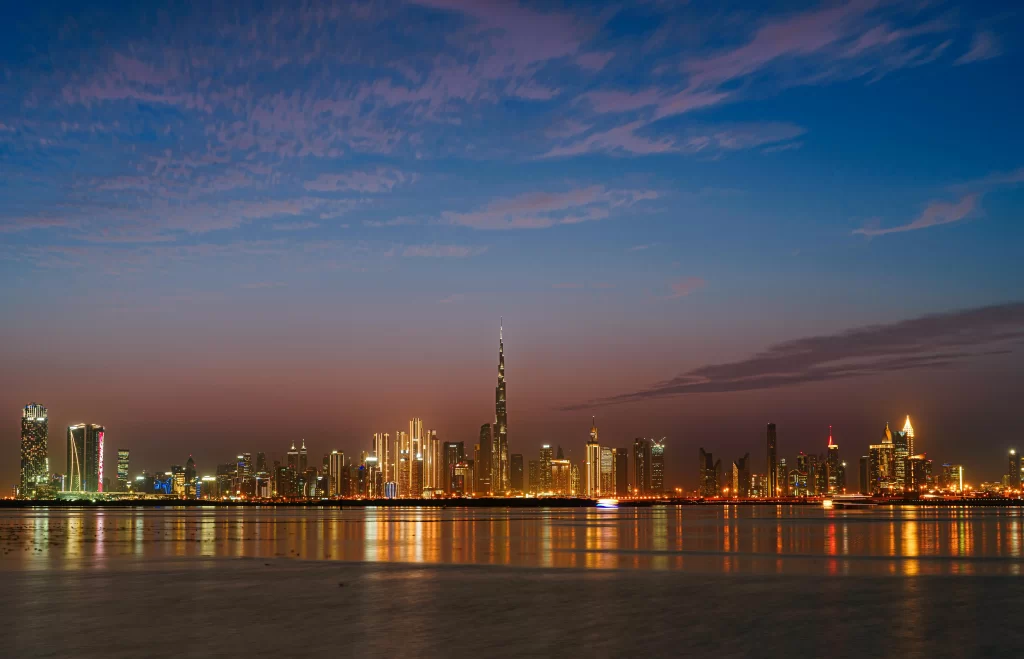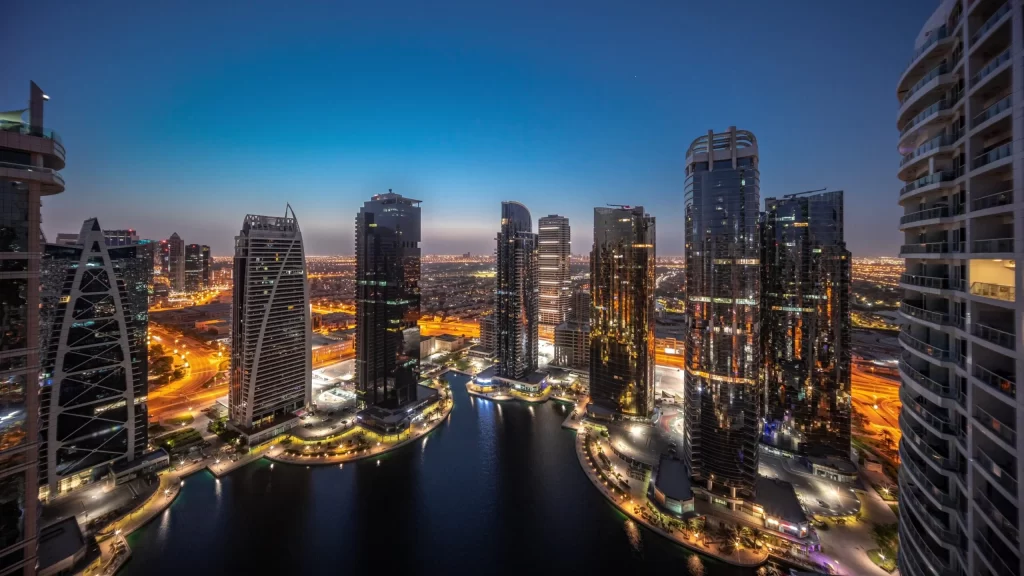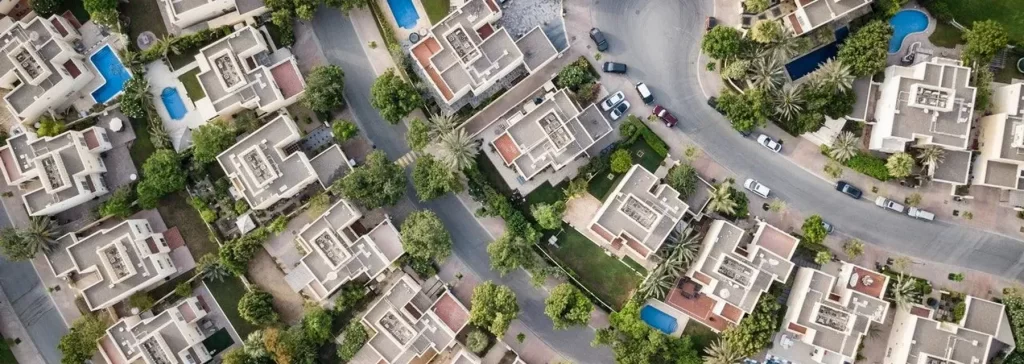Living in Dubai offers a unique blend of luxury, culture, and business opportunities. However, navigating the rental landscape can be complex. From rent hikes to eviction laws, understanding your rights and responsibilities is crucial. In this informative blog post, we’ll explore key aspects of renting in Dubai, providing insights to help you make informed decisions and ensure a smooth rental experience.
1- What is the Rental Index and How Does It Impact Rent Hikes in Dubai?
The Rental Index is a pivotal tool within Dubai’s rental landscape, serving as a government-sanctioned benchmark for permissible rent adjustments. It is revised annually and factors in diverse elements like property size, type, and location. The Rental Index significantly influences rent hikes, establishing a fair and regulated framework. Landlords are obligated to follow the Index when considering rent increases. If the current rent is below 10% of the Index’s average value, a hike of up to that percentage can be implemented. Similarly, if the rent falls within 11% to 20% below the average, a 5% increase is allowable. For rents more than 20% lower, a 10% increase is the maximum limit.
2- Can Landlords Increase Rent Beyond the Rental Index in Dubai?
Dubai’s rental regulations firmly dictate that landlords cannot exceed the limits stipulated by the Rental Index when increasing rent. This safeguard ensures tenants are shielded from arbitrary and unfair rent hikes. Landlords are bound by law to adhere to the predetermined rent increase percentages outlined in the Index. This provision enhances transparency, equity, and predictability within the rental market. By adhering to these limits, both landlords and tenants can engage in a rental relationship based on balanced terms and consistent with the government’s regulatory framework.
3- What Should I Do if I Suspect an Unlawful Rent Increase?
In the event of a suspected unlawful rent increase, taking swift and informed action is crucial. Firstly, verify the current Rental Index to ascertain the legally permissible increment. If the proposed hike surpasses this ceiling, engage in a well-documented conversation with your landlord to express your concerns. Should the matter remain unresolved, escalate it to the Rental Dispute Settlement Center (RDSC), a neutral authority designated to mediate rental conflicts. Maintain meticulous records of all correspondences, rental payment receipts, and pertinent documents to support your case. Seeking legal counsel is recommended to navigate the process effectively and uphold your rights in adherence to Dubai’s rental laws.
4- What Are the Tenant’s Rights in Dubai Regarding Maintenance and Repairs?
As a tenant in Dubai, you have essential rights when it comes to property maintenance and repairs. Landlords are obligated to provide a safe and habitable living environment. If you encounter maintenance issues such as plumbing, electrical problems, or structural concerns, promptly inform your landlord in writing. They are then responsible for resolving these issues within a reasonable timeframe. In case of urgent repairs affecting health or safety, landlords should address them swiftly. If your landlord neglects their maintenance duties, you can approach the Rental Dispute Settlement Center (RDSC) for resolution. Remember to document all communication and keep records of maintenance requests, as these play a vital role in safeguarding your tenant rights.
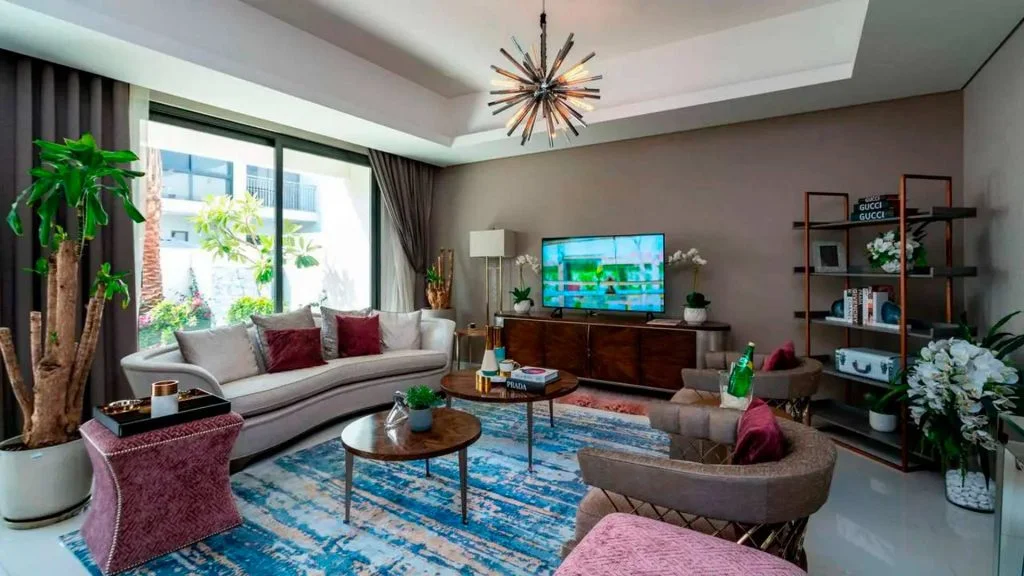
5- What Are the Eviction Laws in Dubai and its Process?
Dubai’s eviction process adheres to specific legal procedures. Landlords can evict tenants for valid reasons, such as non-payment of rent, breach of tenancy terms, or expiry of the tenancy contract. They must provide written notice, allowing sufficient time for tenants to address the issue or vacate the property. If the tenant doesn’t comply, the landlord can file a case with the Rental Dispute Settlement Center (RDSC). The RDSC will mediate, aiming for a fair resolution. If eviction is the outcome, the landlord can obtain a court order for possession. It’s essential for both parties to adhere to legal processes to avoid disputes. Seeking professional advice and understanding your rights can help navigate the eviction process smoothly.
6- Can a Tenant Be Evicted Without a Valid Reason?
In Dubai, tenants are safeguarded by stringent rental laws that prohibit landlords from evicting tenants without valid grounds. These grounds typically encompass non-payment of rent, violation of lease terms, or the contract’s expiration. The legal framework ensures that landlords cannot remove tenants arbitrarily or unfairly. Evicting a tenant without lawful justification is not permitted and can lead to legal repercussions for the landlord. These regulations underscore Dubai’s commitment to ensuring equitable and just tenant-landlord relationships. If you find yourself facing eviction, familiarize yourself with the relevant laws and seek legal advice if necessary. Understanding your rights as a tenant empowers you to navigate the rental landscape confidently and securely in Dubai.
7- What Is the Role of the Rental Dispute Settlement Center (RDSC)?
The Rental Dispute Settlement Center (RDSC) is a significant entity in Dubai’s rental landscape, playing a pivotal role in resolving rental conflicts between landlords and tenants. Its purpose is to provide a neutral platform where both parties can present their cases and seek amicable solutions. The RDSC aims to mediate disputes, ensuring fair treatment and adherence to legal regulations. It offers a streamlined process that includes hearings, discussions, and assessments to reach resolutions that align with Dubai’s rental laws. Whether it’s issues regarding rent hikes, maintenance disputes, or evictions, the RDSC acts as a mediator, fostering communication and striving for balanced outcomes. Engaging with the RDSC can provide tenants and landlords with a reliable means of addressing disputes and upholding their respective rights in the rental relationship.
8- How Can I Ensure a Smooth Move-In and Move-Out Process?
Ensuring a hassle-free move-in and move-out process involves careful planning and communication. Before moving in, thoroughly inspect the property and document its condition with photos. Communicate any existing issues to the landlord and ensure they are addressed before you settle in. Read the lease agreement carefully, understanding the terms and responsibilities.
For a smooth move-out, inform your landlord well in advance, adhering to notice periods specified in the lease. Clean the property thoroughly, repairing any damages caused during your stay. Take photos of the property’s condition as evidence. Arrange for a joint inspection with the landlord to discuss any concerns. Return keys and settle outstanding dues promptly.
Open communication with the landlord and adhering to legal procedures is key. Following these steps can help avoid disputes and ensure a positive transition for both parties during the move-in and move-out phases.
Conclusion
Navigating the nuances of renting in Dubai demands awareness, understanding, and adherence to the legal framework governing tenant-landlord relationships. From the Rental Index impacting rent hikes to the processes involved in eviction and dispute resolution, Dubai’s rental laws aim to create a balanced and secure environment for all parties involved. By being well-informed about your rights and responsibilities, you can confidently engage in rental agreements, ensuring a harmonious and mutually beneficial experience.
From maintenance and repairs to the move-in and move-out processes, a proactive approach and clear communication are key. The Rental Dispute Settlement Center serves as a reliable avenue for addressing conflicts, promoting transparency, and upholding fairness. Whether you’re a tenant seeking a comfortable living arrangement or a landlord aiming for a compliant and respectful rental relationship, Dubai’s rental regulations provide a comprehensive framework that fosters a positive rental experience for everyone involved.

